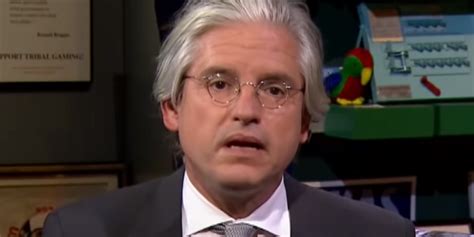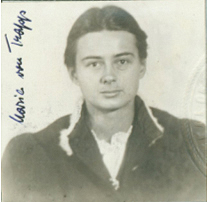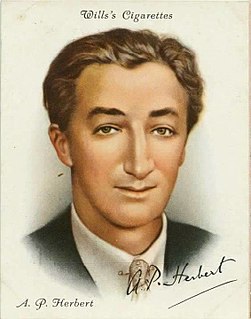A Quote by George Eliot
A prig is a fellow who is always making you a present of his opinions.
Related Quotes
A God who draws near out of love, the Holy Father continued, walks with His people, and this walk comes to an unimaginable point. We could never have imagined that the same Lord would become one of us and walk with us, be present with us, present in His Church, present in the Eucharist, present in His Word, present in the poor, He is present, walking with us. And this is closeness: the shepherd close to his flock, close to his sheep, whom he knows, one by one.
When it happeneth that a man signifieth unto us two contradictory opinions whereof the one is clearly and directly signified, andthe other either drawn from that by consequence, or not known to be contradictory to it; then (when he is not present to explicate himself better) we are to take the former of his opinions; for that is clearly signified to be his, and directly, whereas the other might proceed from error in the deduction, or ignorance of the repugnancy.
I can tell by my own reaction to it that this book is harmful." But let him only wait and perhaps one day he will admit to himself that this same book has done him a great service by bringing out the hidden sickness of his heart and making it visible.— Altered opinions do not alter a man’s character (or do so very little); but they do illuminate individual aspects of the constellation of his personality which with a different constellation of opinions had hitherto remained dark and unrecognizable.
The ideal audience the poet imagines consists of the beautiful who go to bed with him, the powerful who invite him to dinner and tell him secrets of state, and his fellow-poets. The actual audience he gets consists of myopic schoolteachers, pimply young men who eat in cafeterias, and his fellow-poets. This means, in fact, he writes for his fellow-poets.
The grief of a child is always terrible. It is bottomless, without hope. A child has no past and no future. It just lives in the present moment - wholeheartedly. If the present moment spells disaster, the child suffers it with his whole heart, his whole soul, his whole strength, his whole little being.
Father Time is not always a hard parent and though he tarries for none of his children, often lays his hand lightly upon those who have used him well; making them old men and women inexorably enough, but leaving their hearts and spirits young and in full vigor. With such people the gray head is but the impression of the old fellow's hand in giving them his blessing, and every wrinkle but a notch in the quiet calendar of a well-spent life.






































